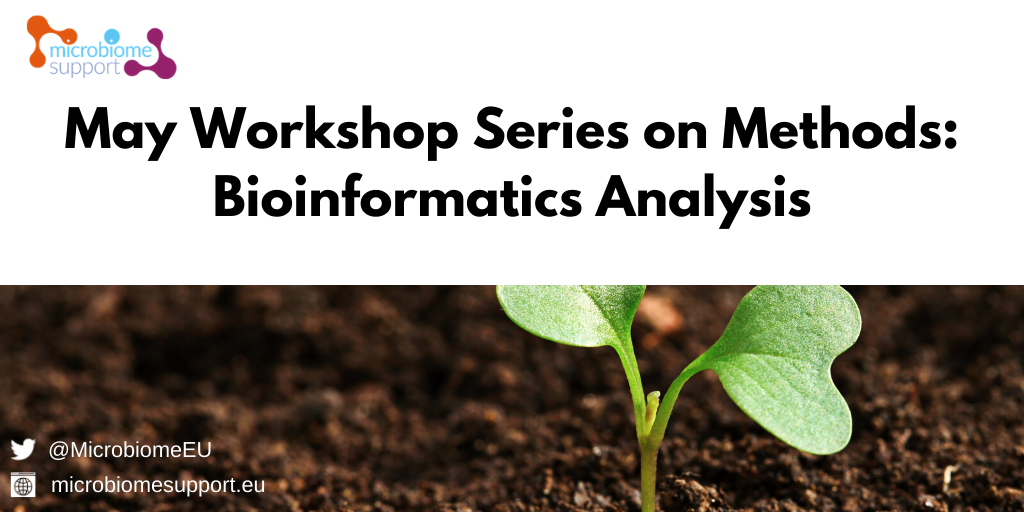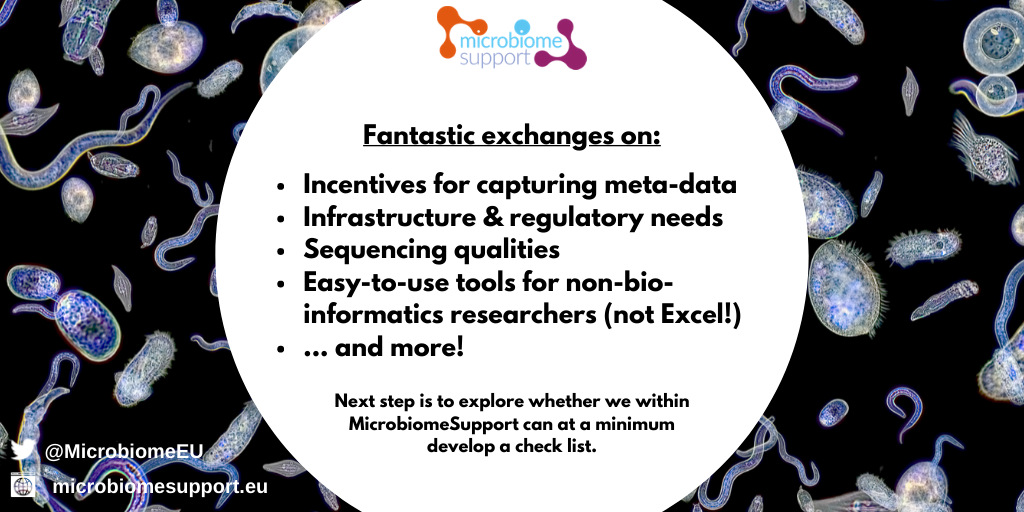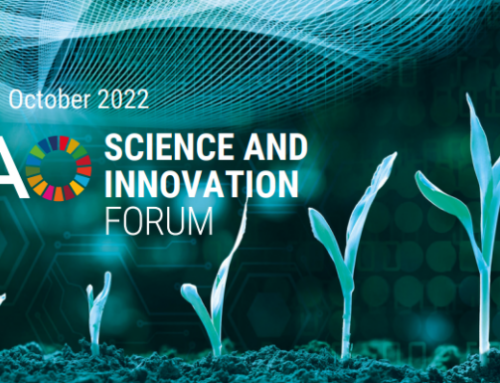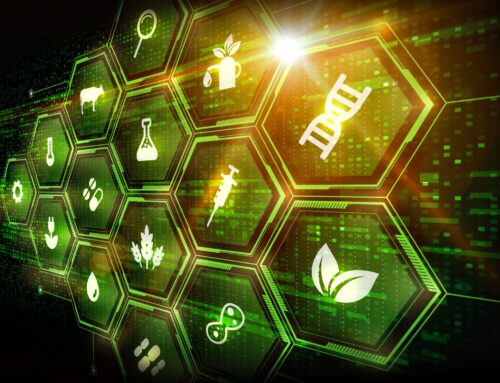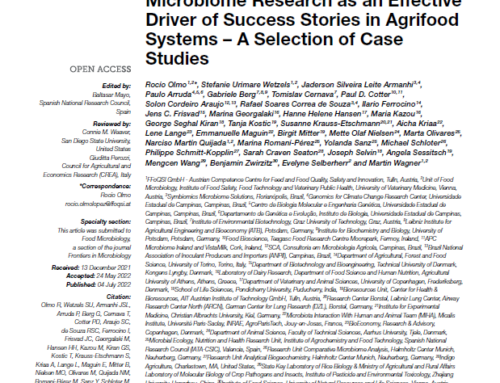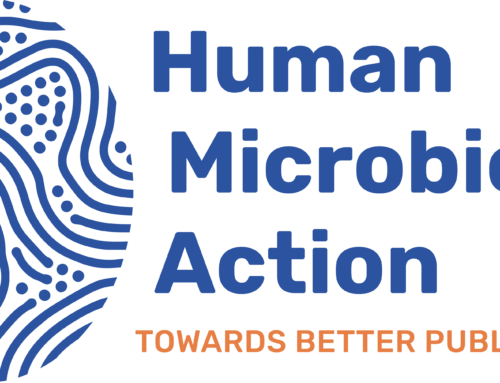The MicrobiomeSupport online workshop series on methodology in microbiome research (in collaboration with CAMI) continued in it’s second day on 19th May 2020 with standardization around bioinformatics approaches (for a summary of our discussions on standardised sampling and sample analysis, read here). More than 60 participants from all around the globe discussed how to develop joint protocols for robust bioinformatics analysis of microbiome data.
Why is it necessary to establish standards for bioinformatics analysis in microbiome research?
The scientific interpretation of microbiome research results is largely determined by the initial processing of omics data collected from microbial samples in different environments. Sophisticated computational techniques often play a key role in this step. At the same time, the development of meta-omics software is a fast developing and evolving field. To avoid misinterpretations of research data, it is essential to use standards in performance evaluation of the different bioinformatic tools. Therefore, the workshop focused on benchmarking different workflows for the analysis of metagenomic data, discussing best practices, strategies for error correction and effective communication of limitations of existing tools.
Outcome and next steps
Participants engaged in fruitful discussions on a variety of issues such as IT infrastructure, regulatory needs, meta-data standards and sequencing quality based on different laboratory techniques. To make sure the standardization of analyses in bioinfomatics has an impact on the wider research community, it will be essential to develop easy-to-use tools for scientist without a bioinformatics background.
It was widely agreed that more effective collaborations between researchers are needed to drive a standardization in bioinformatics analysis forward, which will be beneficial for the field of microbiome research as a whole. Part of the discussions included the acknowledgement that these efforts need to include bridging the gap between researchers that collect the data (often biologists or related) and those that analyse the data (bioinformaticians), a challenge inherent in all inter-disciplinary research fields.
Partners will further discuss the feasibility of options to develop a check list within the MicrobiomeSupport project that may help with standards in analysing omics data.

